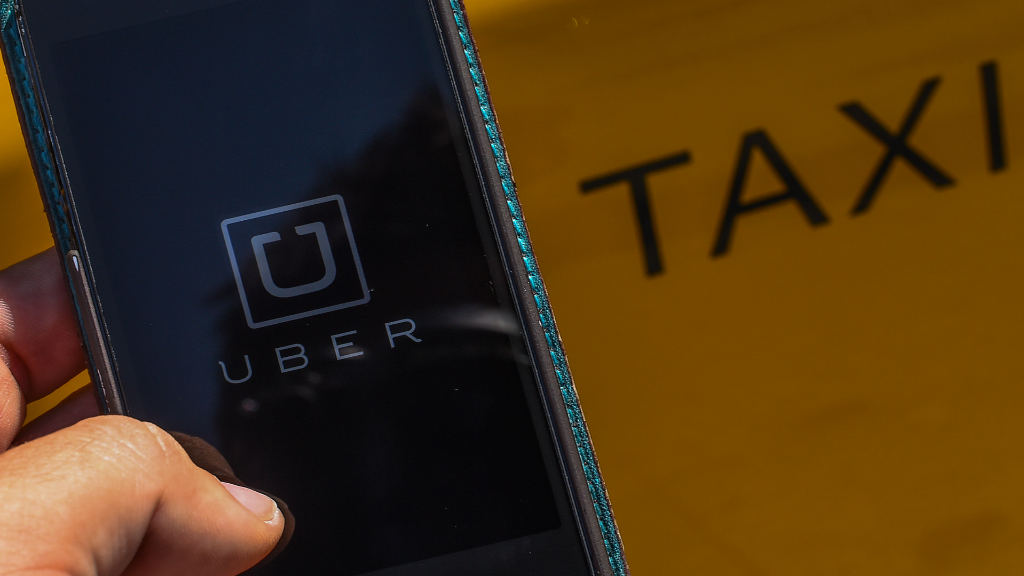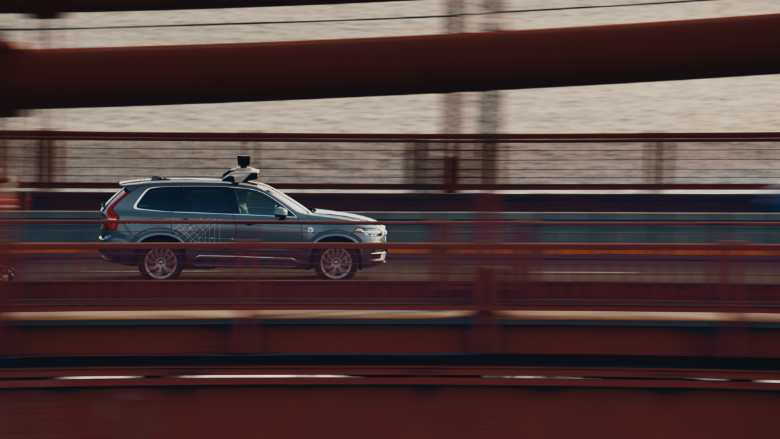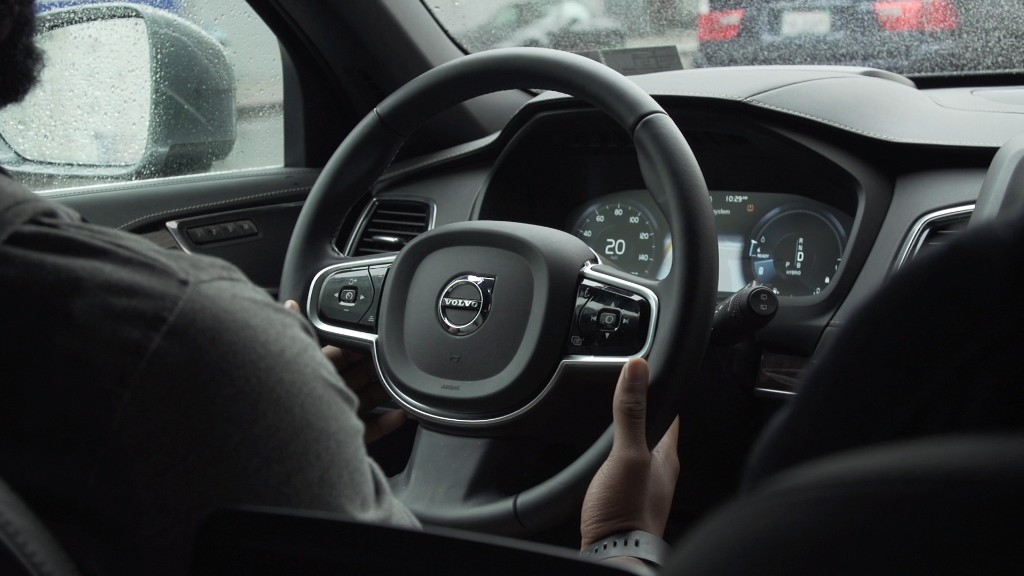
Uber's self-driving car program in San Francisco just came to a screeching halt.
The ride-hailing startup said Wednesday it's pulling its autonomous Volvos off the city's streets after the California DMV revoked the test vehicles' registrations.
"We're now looking at where we can redeploy these cars but remain 100% committed to California and will be redoubling our efforts to develop workable statewide rules," Uber said.
Related: 2016: A tipping point for excitement in self-driving cars
The DMV said it had targeted the 16 Uber cars "because they were not properly marked as test vehicles." But the department added that "it stands ready to assist Uber in obtaining a permit as expeditiously as possible."
Uber's abrupt withdrawal of its self-driving fleet in San Francisco contrasts with its earlier resistance against the regulator. Last week, the DMV told Uber that it must cease the operations on public roads and begin the process to obtain proper permits or face legal action. That was followed by a letter from the California attorney general's office threatening an injunction.

Uber's SUVs in San Francisco had been controversial since the company began giving passengers rides in them a week ago, drawing accusations from bike riders that the vehicles made unsafe turns. A self-driving Uber was also caught on video running a red light, an incident the company attributed to human error.
The ride-hailing giant initially held its ground, saying it didn't need to apply for a permit because its Volvos don't fit the California DMV's definition of autonomous vehicles. That's despite the fact that 20 of Uber's competitors -- including Google (GOOGL) and Tesla (TSLA) -- sought DMV approval before testing their self-driving cars on public roads.

Uber has a history of battling regulators. In May, Uber and rival Lyft left Austin, Texas, after the city voted to require ride-hailing companies to fingerprint drivers as part of a background check.
And in New York City it fought potential regulation proposed by Mayor Bill de Blasio in 2015 with a television ad campaign. It even added a fake de Blasio feature to its app that showed massive delays to get an Uber if the plan were to go through.
Related: Google's Waymo teases first photos of self-driving van
Otto, Uber's self-driving truck arm, has defied regulators before without consequence. Earlier this year, before being acquired by Uber, it tested a self-driving truck in Nevada, despite a warning from the state's DMV that it was violating state rules.
Uber is currently giving its customers the chance to ride in self-driving cars in Pittsburgh as well. Pennsylvania does not have stringent rules for disclosing information about the vehicles' performance.
-- Laurie Segall, Selena Larson, Matt McFarland, Sara Ashley O'Brien and Jackie Wattles contributed to this report.

